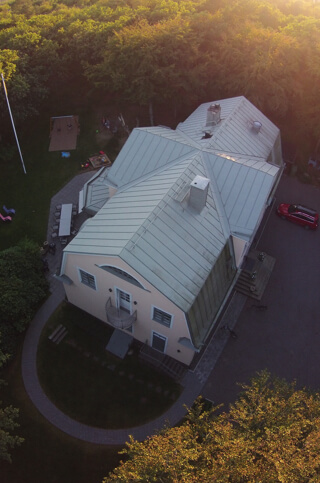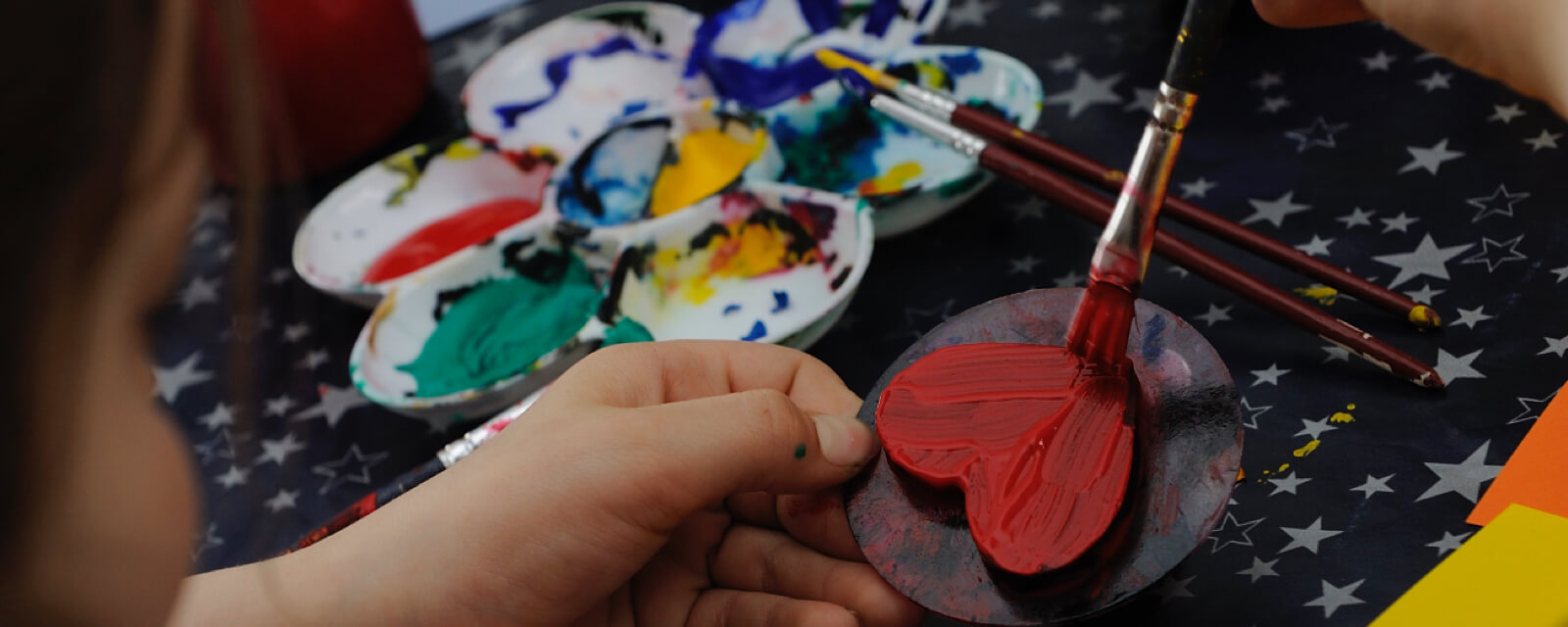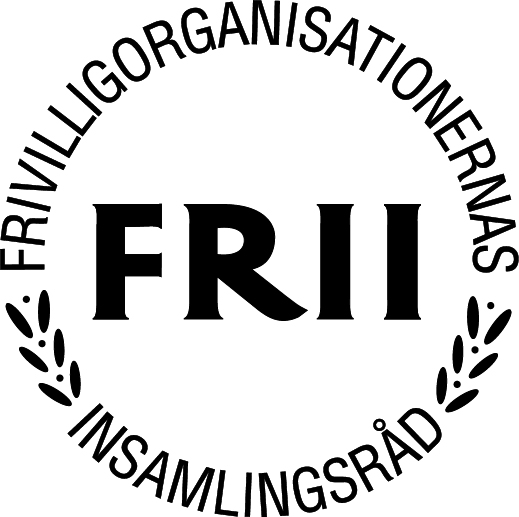Enjoying ice cream in the sunshine, a bicycle outing in Varberg and a visit to Liseberg amusement park. The Swedish Childhood Cancer Foundation’s activities make it possible for children with cancer and their families to take a break from the difficulties of their daily lives. At the same time families learn about their child’s diagnosis. “It’s fun because everyone has something in common, everyone knows how it feels,” says Ronja Andersson, age 13, who attended camp at Barretstown in Ireland.
One of the cornerstones of the Swedish Childhood Cancer Foundation’s work is to provide advice and support to children with cancer and their families. Spending time with others who are similarly afflicted is an important part of the mission. For this reason, each year members of the regional foundations are offered the opportunity to travel and participate in various activities, such as spending a week on holiday at Almers Hus in Varberg, studying at Ågrenska competence centre or attending a camp in Barretstown, Ireland.
“For children with cancer, life revolves around the treatment and the disease. The opportunity to get away and think of something else can be beneficial,” says Charlotte Rutegård, coordinator at the Swedish Childhood Cancer Foundation.

The whole family can take a break in one of the four flats at Almers Hus in Varberg, located in a beautiful seaside setting. They can walk and swim, go for a bike ride, play football and spend time in nature. They also have access to the local spa.
“People who have been there say how wonderful it was to have a break and spend time together as a family. They also have the opportunity to get to know other people in the same situation.
The Swedish Childhood Cancer Foundation also provides an opportunity for children with cancer and their siblings to travel to Barretstown in Ireland. They arrange both a week for siblings and a week for severely ill children to attend camp. The children have the opportunity to shoot a bow and arrow, go fishing, paddle a kayak and ride a horse.
Ronja Andersson, whose younger brother Robin had leukaemia, was there for a sibling week and lived in a cabin together with a leader and other children.
“You learn to take care of yourself and that you can manage on your own so that your parents don’t have to pay attention to you all the time,” she says.
At Ågrenska competence centre, which is located on the island Lilla Amundön south of Göteborg, courses are held on various types of cancer every year. The whole family can come to the facility to learn more about the disease and to meet other people in the same situation. They also have sibling weekends and special stays for siblings who have lost a family member.
“When the child is under treatment, the focus is on coping with everyday life. The family is not ready until later to learn more about the disease and what consequences the treatment may have. This is why these courses are presented for parents. Ågrenska also has courses for school employees.”
“It’s important because teachers need to understand what the family and the children are going through, so that they can provide the right support,” says Charlotte Rutegård.
During a long weekend in May each year a youth camp is held to which young people with cancer and their siblings are invited. The regional foundations take turns organising the camp, with support from the Swedish Childhood Cancer Foundation. The Swedish Childhood Cancer Foundation also arranges the “Maxa livet” (Get the most out of life) conference, which is aimed at adult survivors of childhood cancer. About seven out of ten survivors suffer from late complications following their illness, for which reason the conference is an important forum. The conference offers participants the opportunity to meet others in the same situation, gain knowledge about childhood cancer and provides advice on how survivors can get support and help in everyday life.
 På svenska
På svenska

 The Swedish Childhood Cancer Foundation complies with the Swedish Fundraising Council’s (FRII) quality code for fundraising organisations. The purpose of the code is to increase transparency and openness in the sector, thereby strengthening confidence in organisations that comply with the code.
The Swedish Childhood Cancer Foundation complies with the Swedish Fundraising Council’s (FRII) quality code for fundraising organisations. The purpose of the code is to increase transparency and openness in the sector, thereby strengthening confidence in organisations that comply with the code.